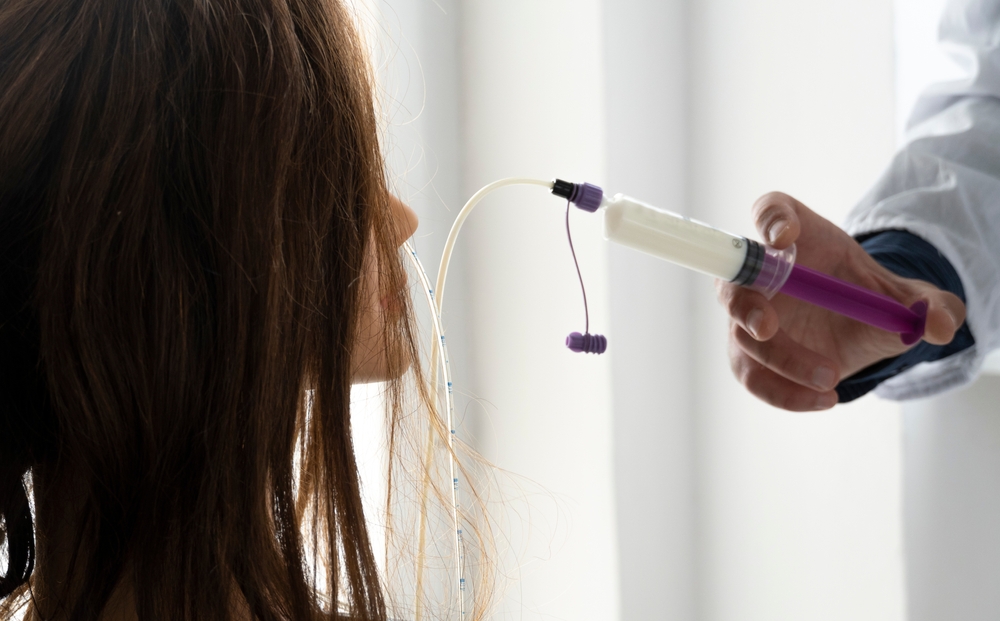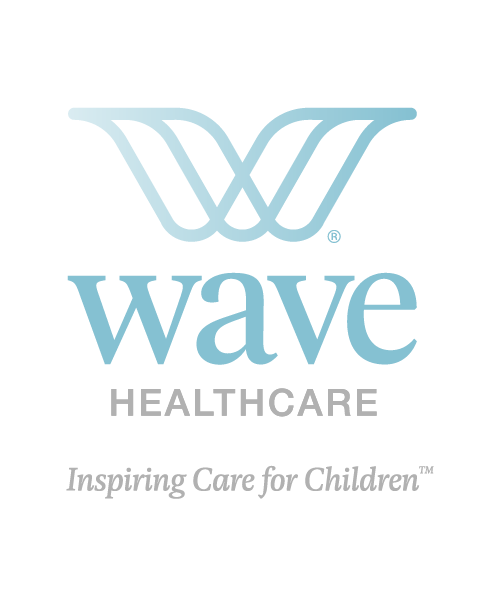For families navigating respiratory healthcare, it’s easy to focus all your attention on the machines, medications, and therapy schedules. There’s a lot to manage—oxygen tanks, nebulizers, feeding tubes, appointments. It’s a full-time job. But there’s one key piece of the puzzle that often gets overlooked: nutrition.
Yes, nutrition. Calories aren’t just about growth—they’re about helping your child breathe easier. And when breathing takes effort, every calorie counts.
The Link Between Nutrition and Respiratory Health
When a child struggles to breathe, their body works harder—sometimes two to three times harder—just to take in enough oxygen. That means they’re burning more calories than a typical child their age. If their nutrition doesn’t keep up, they can become undernourished, which weakens their muscles—including the lungs.
In respiratory healthcare, this creates a cycle: poor nutrition leads to muscle loss, which leads to weaker breathing, which increases fatigue and makes it harder to eat… and so on. Breaking that cycle with targeted nutritional support is critical to your child’s overall respiratory success.
This is especially true for children with cystic fibrosis (CF), a genetic condition that affects both the lungs and the digestive system, making it harder for the body to absorb nutrients from food. Children with CF often require significantly more calories than their peers—sometimes up to twice as much—to maintain weight and support their breathing. In fact, nutrition is so important in CF care that high-fat, high-calorie diets and pancreatic enzyme supplements are often a standard part of the treatment plan.
Why Some Children on Home Respiratory Care Struggle to Eat
It’s Not Just Picky Eating
Feeding challenges are common in children with respiratory conditions. For some, eating is physically exhausting. For others, the positioning required to eat safely is complicated by breathing equipment. If your child is using oxygen tanks or non-invasive ventilation, eating may be slow, uncomfortable, or stressful.
Others may have a history of feeding tubes or delayed oral motor skills. Add in frequent illnesses or medications that impact appetite, and you have a perfect storm.
What This Means for Growth and Recovery
When kids don’t eat enough, they don’t get the protein and fat needed for muscle development—including the diaphragm and chest wall. That can delay weaning off oxygen therapy or even cause regressions in progress.
That’s why nutrition in respiratory healthcare isn’t an afterthought—it’s part of the care plan.
Building a Nutrition Plan That Supports Breathing
Work with Your Care Team
Your pediatrician, respiratory therapist, and dietitian should collaborate to build a plan that supports your child’s energy needs. This might involve:
- Increasing caloric density of meals without increasing volume
- Frequent, small meals or snacks for children who fatigue quickly
- Fortified formulas for infants or tube-fed children
- High-fat, high-protein foods that support muscle development
And if your child is using oxygen tanks or mechanical ventilation, the diet may also need to limit certain foods that increase carbon dioxide production—like sugary drinks or high-carb snacks. These can cause the body to work harder to eliminate waste gases.
Children with CF, in particular, may benefit from enzyme replacement therapy before meals to help absorb fats and proteins more effectively—ensuring that the calories they consume actually get used.
Hydration Matters, Too
Kids with respiratory conditions can struggle with thick mucus. Hydration helps. If your child isn’t drinking enough, it can make coughing and clearing secretions more difficult. Offering water-rich snacks like fruits or using fluids through a feeding tube can make a big difference.
Real-Life Tips for Parents Managing Nutrition at Home
1. Start with What They Like—and Build on It
If your child has a few go-to foods, that’s okay! Use them as a base and gradually fortify with added calories (think: olive oil, powdered milk, nut butters, or avocado).
2. Don’t Wait to Ask for Help
If your child is losing weight or falling off their growth curve, speak up. Early intervention with a dietitian or feeding therapist can prevent setbacks.
3. Track What Works
In respiratory healthcare, every child is unique. Keep a simple notebook or phone note tracking what your child eats, how they tolerate feeds, and how their breathing responds. Patterns matter.
Wave Healthcare Supports the Whole Child—Nutrition Included
At Wave Healthcare, we understand that respiratory healthcare is about more than machines and medications. It’s about helping children thrive. That’s why we educate parents not just on using oxygen tanks or equipment, but on feeding strategies, hydration tips, and energy conservation.
Our team is here to walk alongside your family—answering questions, helping troubleshoot feeding issues, and supporting you in building a care plan that makes life at home sustainable.
Because when kids are well-fed and well-supported, they don’t just survive—they grow, play, laugh, and live fully.


